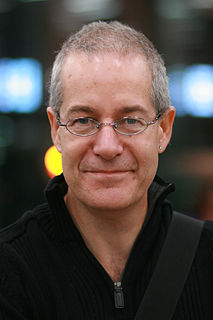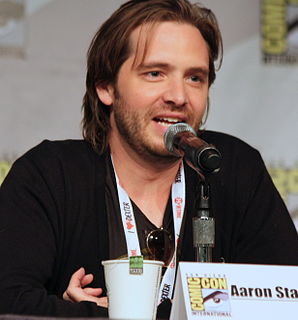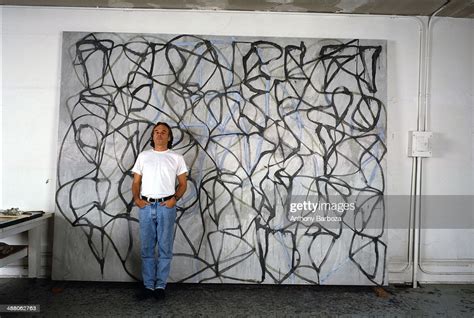A Quote by Thomas Metzinger
As a philosopher, you define constraints for any good theory explaining what you are interested in, then you go out and search for help in other disciplines.
Quote Topics
Related Quotes
A keystone habit leads to other positive habits and disciplines. These positive traits start a chain reaction that produces other positive outcomes. The presence of these important habits help you become more faithful in other areas of your life. On the other hand, the absence of these key disciplines can impact you negatively.
The philosopher of science is not much interested in the thought processes which lead to scientific discoveries; he looks for a logical analysis of the completed theory, including the establishing its validity. That is, he is not interested in the context of discovery, but in the context of justification.
A good traditional conceptual instruction is what I got from my better professors at MIT. They would be at a chalkboard, and they would literally be explaining something and working through a problem, but it wasn't rote. They were explaining the underlying theory and processes and intuition behind it.
Remember that an artist's life is an intense search for truth. This search takes many forms. Everyone of these forms demands its own disciplines. I learned and adapted to my search. I expect nothing from you. Question the truth of anything you confront. How does it apply to yourself and the trail you are pursuing?








































